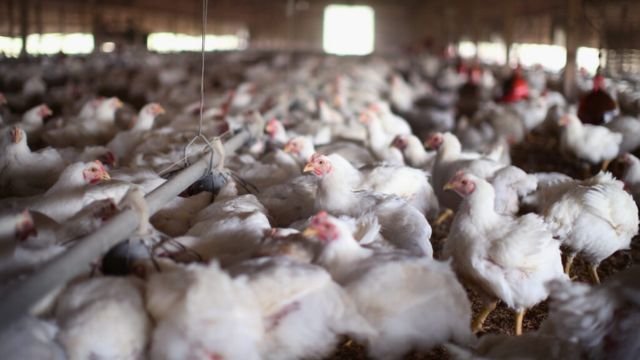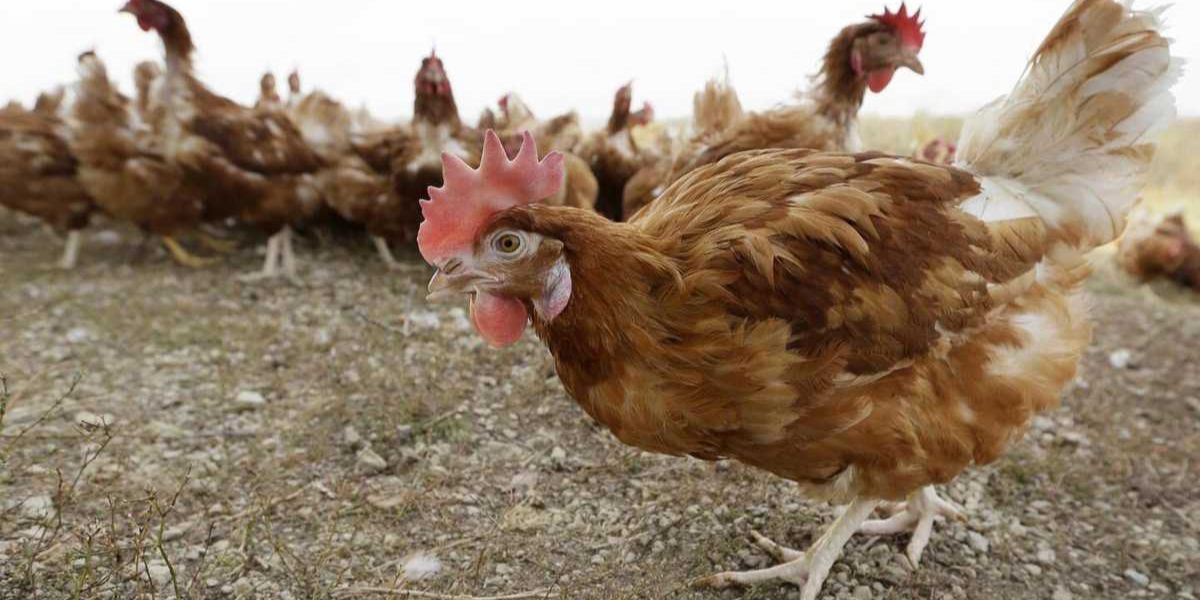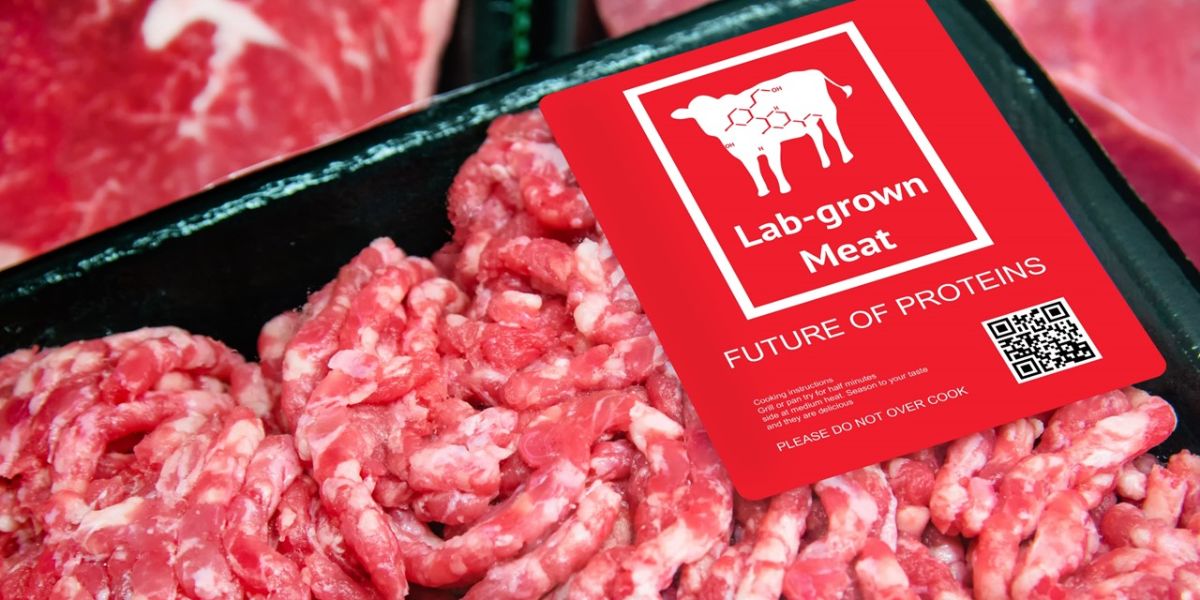According to the announcement made by the authorities on Friday, the bird flu virus has been found in a commercial poultry flock in Georgia for the very first time since the outbreak of the current pandemic began in 2022.
Additionally, Elbert County was the location where the H5N1 strain of Highly Pathogenic Avian Influenza (HPAI) was discovered in this particular instance.
The Georgia Department of Agriculture (GDA) and the Animal and Plant Health Inspection Service (APHIS) of the United States Department of Agriculture both provided confirmation that the virus was present.
As a result of this new development, the H5N1 virus has been found in a chicken flock in the state of Georgia for the sixth time.
Nevertheless, this is the first time that a commercial poultry operation has been involved, which has increased the level of anxiety among professionals in the fields of agriculture and public health.
Officials from the Georgia Department of Agriculture (GDA) reported the presence of the virus in a flock of thirteen chickens and ducks at a smaller, non-commercial flock in Clayton County just the week before last.
“This is a serious threat to Georgia’s number one industry and the livelihoods of thousands of Georgians who make their living in our state’s poultry industry,” Georgia Agriculture Commissioner Tyler Harper stated. “We are working around the clock to mitigate any further spread of the disease and ensure that normal poultry activities in Georgia can resume as quickly as possible.”
The Georgia Department of Agriculture has ordered the suspension of all poultry-related events that take place within the state of Georgia.
These events include exhibitions, shows, swaps, meetings, and sales.
This decision was made in response to the recent discovery. The purpose of this preventative measure, which will continue to be in effect until further notice, is to lessen the likelihood that the virus may spread further within the state.

Not only does the finding of H5N1 in a commercial chicken flock have significant repercussions for Georgia’s poultry sector, but it also has significant consequences for human health and food security.
Commercial poultry operations are an essential component of Georgia’s economy, and the spread of highly pathogenic avian influenza might result in losses that are catastrophic for these kinds of businesses.
At the beginning of this year, the dangers that are connected to the H5N1 strain were brought to light when a person from Louisiana passed away after being hospitalized with bird flu.
This unfortunate event was the first death that was documented to have occurred in the United States as a result of the virus.
Flu Outbreak Intensifies, CDC Urges Caution as Activity Remains High
According to information provided by the World Health Organization (WHO), the H5N1 strain has been responsible for more than 400 deaths experienced by humans across the globe since the year 2003.
Specifically in the poultry industry, where the virus’s expansion can lead to substantial economic and ecological ramifications, the discovery of the virus in Georgia serves as a sharp reminder of the continuous threat posed by H5N1, which is particularly detrimental to the poultry industry.
Officials in charge of public health are keeping a tight eye on the situation, and biosecurity precautions have been beefed up across the state in order to contain the outbreak and safeguard both humans and animals.
Healthcare Facilities Across Connecticut Encourage Masks to Prevent Spread of Respiratory Illnesses
As the issue continues to evolve, the authorities are advising poultry producers and owners of backyard flocks to maintain vigilance, follow stringent biosecurity standards, and report any signs of illness or strange behavior in their birds to the proper agencies.




